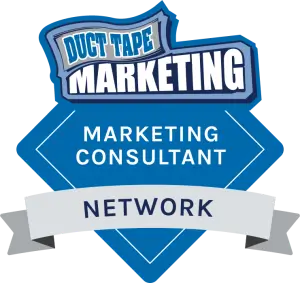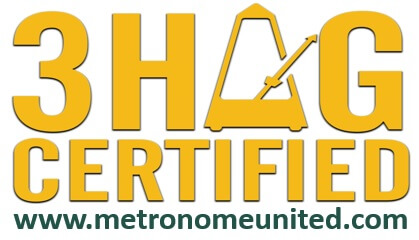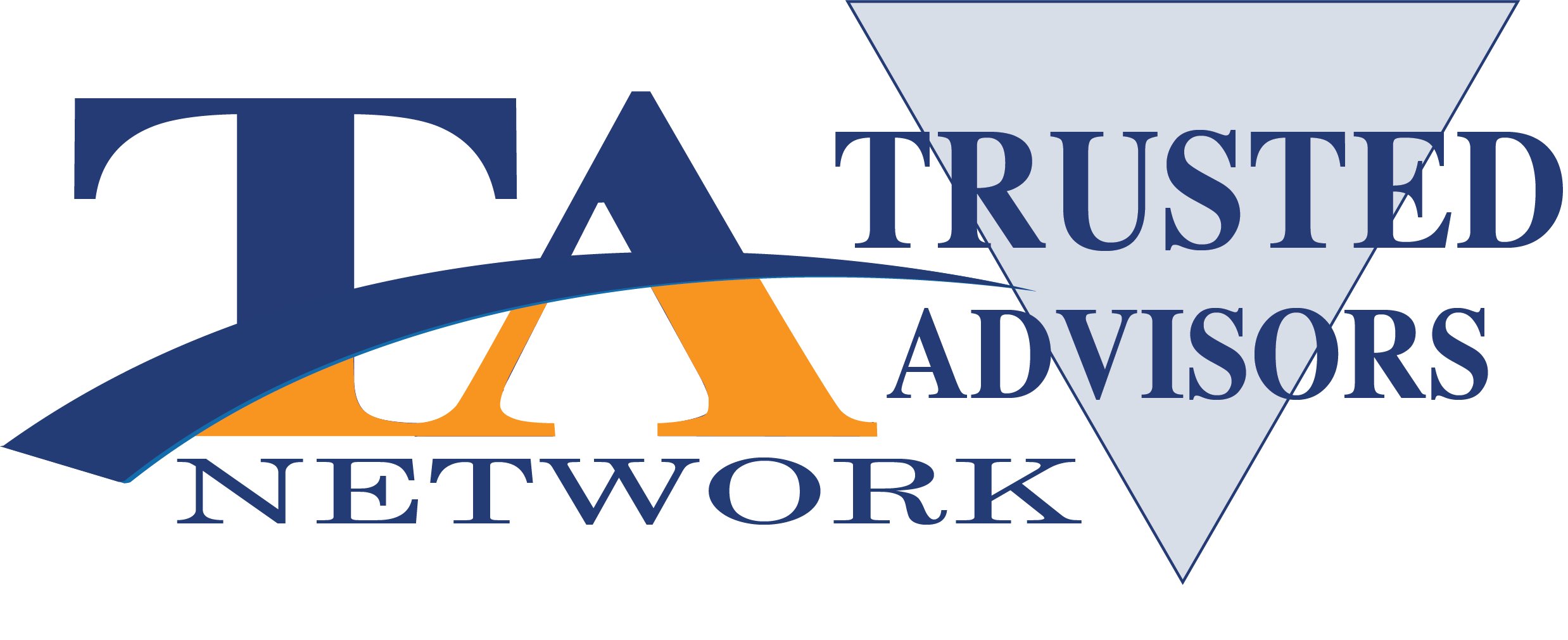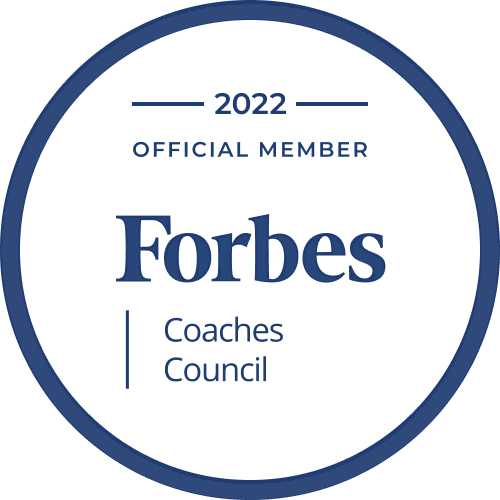Benefits of Executive Coaching for CEOs
CEO coaching helps you live better, work better, and lead better. Here are some of the most common areas for improvement.
Meet Our Team of Family CEO Coaches
Our team has worked with over a thousand businesses in over 100 industries. Each one is certified and has a proven track record for building clients toward success in all areas of business. Each one has access to our full complement of tools and frameworks that YOU need to move forward on your leadership goals.








How to Get the Most Out of Working with a CEO Coach
Getting started with a CEO coach involves several steps to ensure you find the right fit and make the most of the coaching relationship. Here’s a guide to help you begin:
To make the most of your coaching experience, be honest and transparent, stay committed, and be open to feedback.
Inquire about Our CEO Coaching Services
Reach out today for a discovery call and get matched with an experienced CEO coach.
Reach out Today



